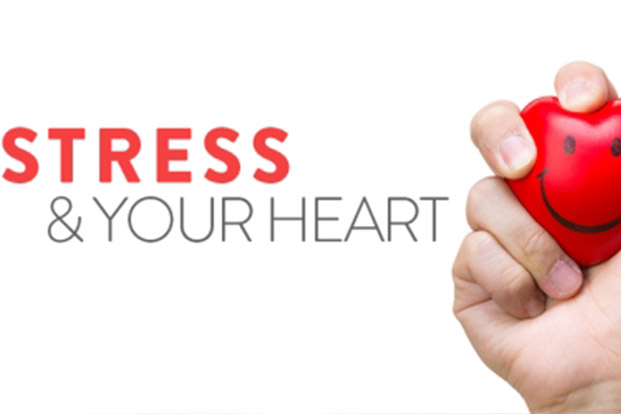The Heart of Stress
Apr 19, 2022
A 36 year old businessman was admitted to hospital with Myocardial Infarction. His family wondered how, an energetic, workaholic young man like this who achieved such professional heights in a short span of 10 years, could develop heart disease. Further exploration revealed, a high strung individual, who relaxed little, had irregular and unhealthy eating habits and sacrificed his sleep often for the sake of work.
Cardiac Disease is now an issue with the young:
Cardiac problems used to be considered concerns of late 40’s and later but lately, the incidence of Ischemic Heart Diseases and Coronary Artery Diseases has increased in younger individuals. This alarming trend has led to the understanding that current life style is most important risk factor for heart diseases.
Physiological stress response causes activation of the component of nervous system which is associated with ‘flight or fight response’. In acute cases , the resultant neuro endocrine response leads to increased vaso-motor activity, increased blood pressure and heart rate and a myriad of other physiological changes. Chronic stress also exposes us to persistently elevated levels of adrenaline and cortisol which is detrimental to healthy heart. Stress affects blood clotting thereby increasing risk of cardiac arrest.

Stress, Personalities and Heart Disease:
People having Type A or Type D personality, i.e. those who perceive more stress end up making life style choices that further exacerbate risk of cardiac disorder. In order to deal with work pressure or personal stress, they may smoke tobacco, drink alcohol, eat junk food or over eat and avoid physical exercise. Less sleep is another factor associated with adverse health outcomes.
Studies have found an association between psychiatric illnesses like Depression and anxiety with adverse cardiac outcomes.
It is therefore imperative to be aware that a healthy life is an outcome of a balance between personal, social and work life. Sleep, exercise and healthy diet are not leisure activities, but mandatory to maintain normal body functions. Simultaneously, taking stock of how stress affects us and are we dealing with it in a healthy manner are helpful.
Managing your stress is a necessary life skill and if you are unable to do that, seek professional advice.




